
The Dark Night of the medical soul
In this article we explore the concept of the dark night of the medical soul, its characteristics, and the resultant opportunities for growth.

In this article we explore the concept of the dark night of the medical soul, its characteristics, and the resultant opportunities for growth.

This is part one of a guest blog by one of our senior mentors. She was a groundbreaker as a woman of color studying medicine in the 1970s. Here, she recounts her struggles in Pre-Med.

This is part two of a guest blog by one of our senior mentors. She was a groundbreaker as a woman of color studying medicine in the 1970s. Here, she recounts her first year at Med School far from home.

Before you started studying / working in medicine, how many hours of sleep did you get a night (on average)? What happened to your sleep during med school, residency, and beyond? Sleep, and the lack thereof, is so tied up in our working hours and such a tradition in medicine, that we almost take the lack of it for granted.
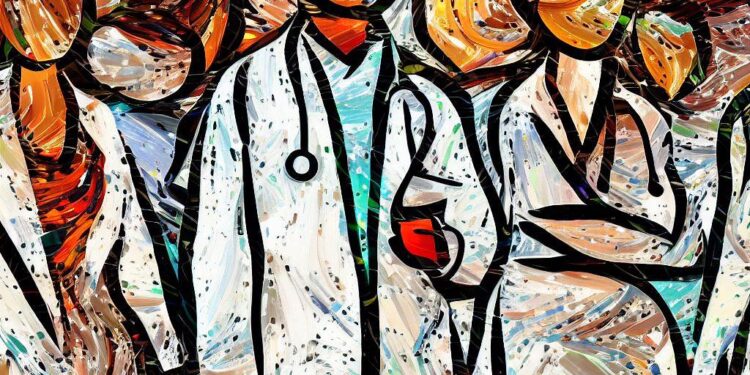
Protecting the Next Generation of Doctors. The practice of self-compassion has emerged as a valuable tool for medical students, offering support in navigating the pressures, setbacks, and self-criticism that can arise throughout their training. This article explores the importance of self-compassion specifically for medical students, provides an overview of relevant research and studies, and offers a practical guide to cultivating self-compassion in daily life.
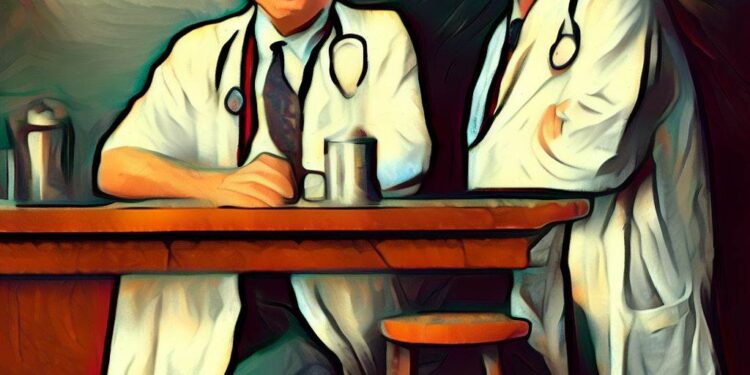
AI art generation in the style of famous artists: can you guess who they are?

This article explores the concept of psychological safety in healthcare, and proposes 5 domains for safe healthcare environments.

This article defines workplace psychological safety, the toxic triangle of unsafe workplaces, and presents 4 principles for leaders to promote psychologically safe work environments.
UK doctor burnout has been impacted by the pandemic, too. This article explores the UK situation with particular reference to doctors working in the UK’s National Health Service (NHS).

Long before the COVID pandemic, doctors across the world were suffering from ‘a pandemic of physician burnout’. In this article, we explore global physician burnout statistics and root causes from around the world.

This article explores the thorny issue of physician burnout vs depression, attempting to tease out the similarities and differences.
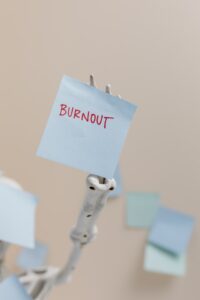
What exactly is physician burnout? In this article, we explore the construct of the burnout syndrome definition as it relates to doctors: a physician burnout definition.
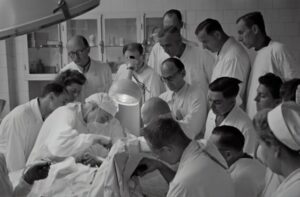
In this article, we explore the history of the “burnout syndrome” in general and as it relates to physicians specifically. Why is physician burnout history important?

In this article, we explore the link between the burnout syndrome as it relates to doctors, and the impacts on their physical and mental health.

This article discusses physician mental health stigma and explores ways to overcome this unnecessary barrier to getting help.

Burnout in Chinese Doctors is higher than in the West. Physicians Anonymous provides anonymity and safety for doctors to tackle burnout.

Emerging evidence supports an increasingly robust link between physician burnout and medical error. This article explores the evidence between physician burnout and medical error, and the impact on patients.

Social connection is good for us. Loss of social connection is a major causative factor in physician burnout. In this article we explore social connection for physician burnout, offering a number of suggestions to reach out and connect for your own wellbeing.

In this article we explore science-based small and inexpensive self-care for physician self-care options that may, we hope, help relieve stress and ultimately tackle physician burnout.
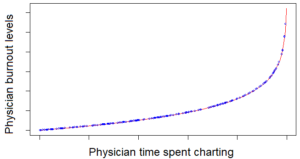
In this article, we look at the connection between charting and physician burnout. We also examine innovations to try and reduce charting-related fatigue and physician burnout.

In a previous article, we explored the evidence base for gratitude. In this article, we illustrate 7 physician gratitude practices that may help on a level. We also note that no one intervention is a panacea for the core systemic issues causing the current epidemic of physician burnout and moral injury.